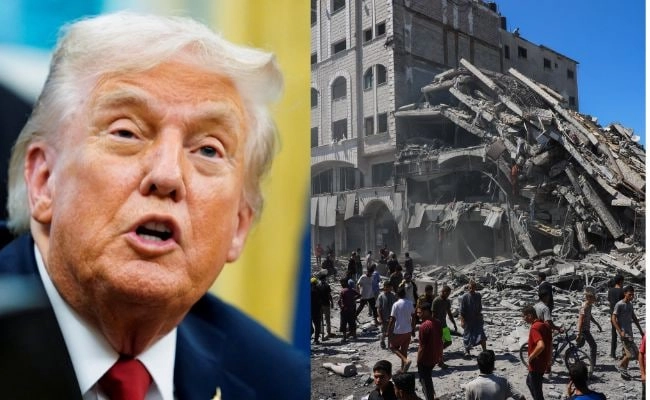In a recent statement, former President Donald Trump expressed confidence in the prospect of meeting with Russian President Vladimir Putin, suggesting that such a meeting would yield positive outcomes. Trump emphasized his belief that engaging in dialogue with world leaders is essential for diplomatic relations, particularly with a figure as influential as Putin. He portrayed the potential meeting as a strategic opportunity to address critical issues that affect both nations and the global landscape. Trump’s assertive stance indicates his intention to pursue constructive discussions, underscoring the importance of diplomacy in international relations.
However, Trump also made it clear that he would not hesitate to withdraw from the conversation if it did not progress favorably. This conditional approach highlights a pragmatic side to his diplomacy, where he values results and is unwilling to engage in talks that do not align with American interests. His willingness to “walk” away from negotiations reflects a broader strategy that emphasizes strength and leverage in international dealings. By setting these boundaries, Trump aims to project an image of assertiveness while simultaneously fostering an environment where meaningful dialogue can take place.
The former president’s comments come at a time when U.S.-Russia relations are complex and often strained. The international community watches closely as leaders navigate these waters, aware that the outcomes of such meetings can have significant implications for global stability. Trump’s emphasis on the necessity of face-to-face interactions with leaders like Putin suggests a desire to break through the barriers of mistrust that have characterized recent interactions. Ultimately, his remarks highlight the dual nature of diplomacy: the pursuit of collaboration and the readiness to disengage when necessary. As geopolitical dynamics continue to evolve, the potential for high-stakes meetings remains a focal point for ensuring national interests and global peace.




